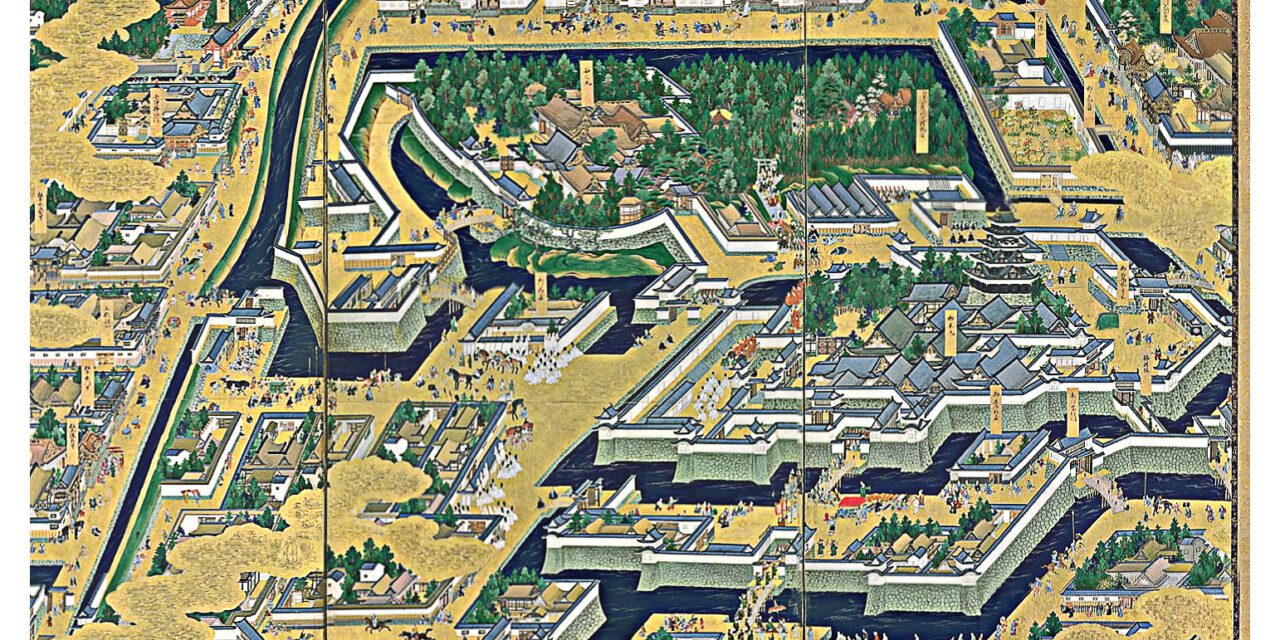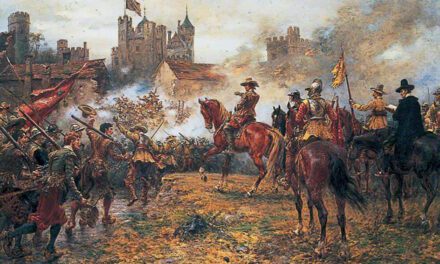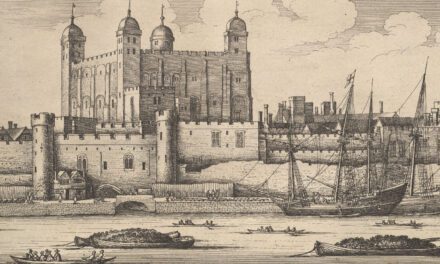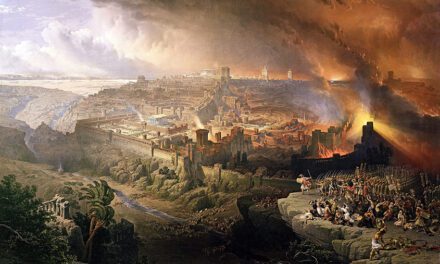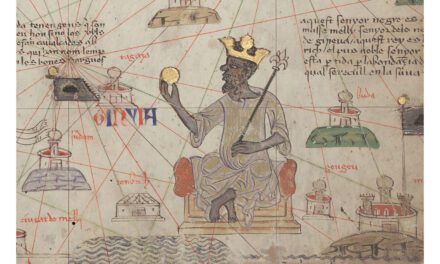History Guild General History Quiz 78
See how your history knowledge stacks up!
Want to know more about any of the questions? Once you’ve finished the quiz click here to learn more.
Have an idea for a question? Suggest it here and we’ll include it in a future quiz!
The stories behind the questions
1. What was Tokyo called prior to 1868?
Edo – Tokyo was originally a small fishing village called Edo. Following the end of the shogunate in 1868, the imperial capital in Kyoto was moved to the city, which was renamed Tokyo, literally meaning “eastern capital”.
2. What year was Alice’s Adventures in Wonderland by Lewis Carroll published?
1865 – One of the best-known works of Victorian English fiction, its narrative, structure, characters and imagery have had huge influence on popular culture and literature, especially in the fantasy genre. The book has never been out of print and has been translated into at least 97 languages.
3. Which country did Josip Broz Tito rule from 1944 to 1980?
Yugoslavia – During World War II Tito was the leader of the Yugoslav Partisans, often regarded as the most effective resistance movement in occupied Europe. After the war, he was the chief architect of the Socialist Federal Republic of Yugoslavia (SFRY), serving as both prime minister and subsequently president. He established Yugoslavia as a communist country out of the Soviet orbit, rejecting Stalin’s attempts to control his country.
Here is an extract from one of his letters to Stalin “Stop sending people to kill me. We’ve already captured five of them, one of them with a bomb and another with a rifle… If you don’t stop sending killers, I’ll send one to Moscow, and I won’t have to send a second.”
4. Who said “If Hitler invaded Hell, I would make at least a favourable reference of the Devil in the House of Commons”?
Winston Churchill – Said when he was criticised for reversing his position towards Soviet Russia after the German invasion of Russia in 1941. Despite Churchill’s intense hatred of the Communists, he had no hesitation in sending aid to Russia and defending Stalin in public.
5. Where was the Battle of Red Cliffs fought?
Yangtze River, China – The Battle of Red Cliffs, was a decisive naval battle in the winter of AD 208–209 at the end of the Han dynasty. The battle was fought between the allied forces of the southern warlords Sun Quan, Liu Bei, and Liu Qi against the numerically-superior forces of the northern warlord Cao Cao.
The southern warlords prevailed, giving them control of the Yangtze. The battle has been called the largest naval battle in history in terms of the numbers involved, although this is far from certain given the sources available.
6. 1908 saw the largest meteorite impact event ever recorded on Earth. Where did it land?
Tunguska, Siberia – A stony meteoroid about 50–60 metres in size, travelling at around 27km/second exploded in the air over the sparsely populated Eastern Siberian Taiga. It flattened an estimated 80 million trees over an area of 2,150 km sq of forest.
7. In which year did Australia transition from Imperial pounds to decimal currency?
1966 – Before 1966, Australia had a system that was based on Imperial (British) pounds, shillings
and pence. With 12 pennies in a shilling and 20 shillings in a pound, there was a lot of difficult maths
involved.
8. Christopher Columbus’ expedition to the Americas was sponsored by which monarchs?
Ferdinand II and Isabella I of Castile – Ferdinand and Isabella agreed to sponsor Christopher Columbus on an expedition to reach the East Indies by sailing west. However this appears to be a cash on delivery type arrangement as Castilian treasury accounts show no royal payments to him until 1493, after he returned from his first voyage.
9. Cochise and Geronimo were warriors from which Native American Nation?
Apache – Cochise and Geronimo were some of the most noted Apache leaders. They strongly resisted intrusions by Mexicans and Americans into their lands during the 19th century.
10. Which ancient ruler specified a fair price for beer as part of his law code?
Hammurabi – Law 108 – If a tavern-keeper does not accept grain according to gross weight in payment of drink, but takes money, and the price of the drink is less than that of the grain, she shall be convicted and thrown into the water.
This means tavern keepers who cheat customers by serving smaller amount of beer than would result from the price paid shall be punished by drowning.

